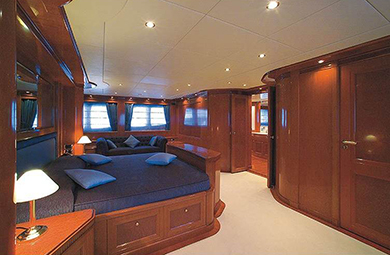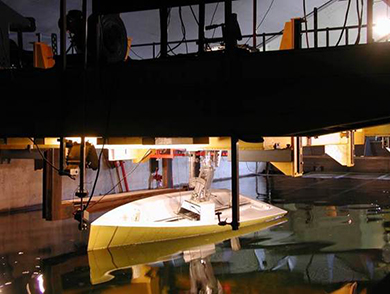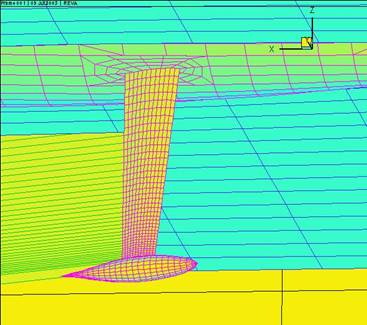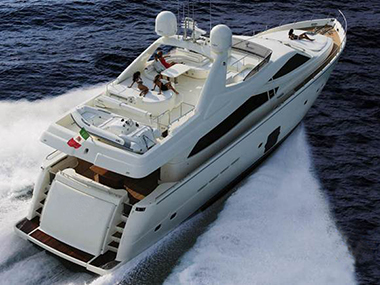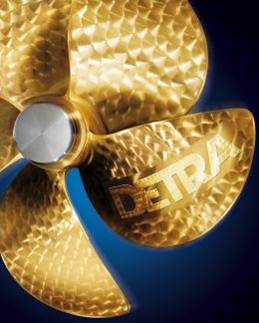As a selective workshop and internship program offers an high level preparation in nautical design. The complete school leads to give the necessary knowledge in nautical science to be able to work in any company active in the field. 5 high-level and thematic one-week modules.
Each week
Students
Language
English / Italian
Location
- Engineering Faculty – Ravenna
- Autorità Portuale, via Antico Squero, Ravenna.
Courses per week
W1 - Nautical Design and Architecture
This course is an introduction to principles of naval architecture and refers to the following areas of expertise:
Furthermore boat design, space study and distribution criteria, ergonomics and aesthetics are treated during the lessons.
W2 - Nautical Structures
Nautical structure is focused on hull structural proportioning: (loads, structures design and dimensioning, strength tests) and construction methodologies. Innovative methodologies and techniques as FEM are used to verify structural stresses and strains and to properly design the structure. Causes and consequences of mechanical vibrations are also examined during the course and vibration analysis and testing techniques, dynamic balancing and vibration isolation methods used in marine applications are presented.
W3 - Yacht Production
To plan a yacht production it is necessary to know advanced materials and their characteristics and to continuously update about last innovations. Marine applications are particularly hard due to corrosion, fatigue and temperature so the course focus is on specific materials used in naval industry and related fabrication technologies.
W4 - Sail Engineering
The wind force allows the change of the boat direction and speed so it is important to be able to design and manufacture sails considering all the technical aspects connected with fluid dynamics and aerodynamics principles and to realize them in the best material and shape to take advantage of any wind condition. The course will focus these aspects transferring to students all basic elements to design and fabricate sails.
W5 - Power Supply for Motorboats
This is an introductory course addressing the fundamentals of marine propulsion prime-movers, propulsion systems and associated auxiliary machinery and systems. Diesel, gas turbines and steam propulsion plants will be addressed as well as the required fluid support systems, transmission systems and basic control systems. Students will be expected to apply knowledge of the engineering sciences (fluid dynamics, heat transfer, strength of materials and thermodynamics) to the analysis of marine power plants and to acquire the basic necessary skills to design and built a propulsion system, considering the whole nautical structure and the required performance.
Visits to firms and institutions
In order to directly see the application of the methods and techniques explained during the lessons, students will have the possibility to visit some yacht design centres and shipyards. In the area of Ravenna there are many naval industries whose products are characterized by functionality, quality and excellent design, typical examples are Ferretti and Cantieri del Pardo. The shipyards of Arimar and De Cesari and specialized companies, like Riba and Soleri, for composite materials, and SpiderTech for sails, will be visited to make students aware of the technologies used in the nautical industry. During each module students will have the possibility to spend an afternoon at the design and production facilities of one of these companies, selected in relation to the contents treated in class, talking with the technical staff and watching them at work.

